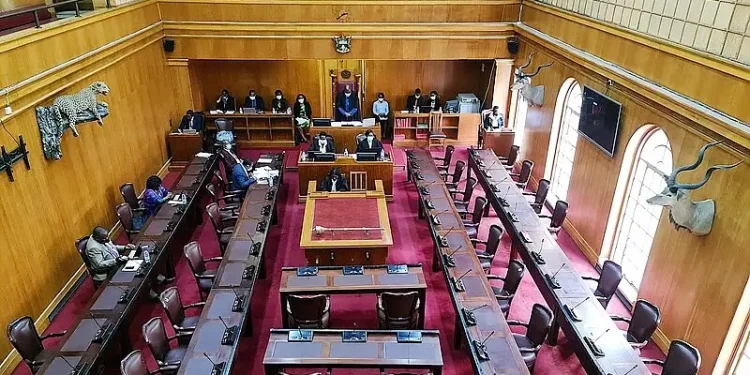Zimbabwe has officially abolished the death penalty, a transformative step forward in its human rights journey. With the signing of the Death Penalty Abolition Act by President Emmerson Mnangagwa on January 2, 2025, the nation has joined a global majority in rejecting capital punishment.
This decision reflects Zimbabwe’s commitment to the sanctity of life and aligns with international calls for justice reform.
The Changes and Implications
The new law introduces significant reforms:
- Elimination of capital punishment: Courts are now prohibited from imposing the death penalty for any crime.
- Commutation of sentences: Approximately 60 prisoners on death row will have their sentences converted to life imprisonment.
However, the law includes a controversial clause allowing the death penalty’s reinstatement during states of emergency.
This provision has drawn criticism from the European Union and human rights advocates who urge Zimbabwe to ensure abolition under all circumstances.
Timeline of Changes |
Events |
|---|---|
| 2005 | Last execution carried out in Zimbabwe. |
| November 2023 | Death Penalty Abolition Bill introduced. |
| December 2024 | Parliament approves abolition legislation. |
| January 2, 2025 | Abolition Act comes into effect. |
International and Regional Reactions
The European Union has welcomed this historic move, recognizing it as a victory for human rights. However, the EU emphasized that the remaining provision for reinstatement undermines the principle of complete abolition.
- Amnesty International described Zimbabwe’s decision as a “beacon of hope,” though they echoed concerns about the emergency clause.
- Regionally, Zimbabwe sets an example for other African nations. Countries like Kenya, Liberia, and Ghana are also considering similar reforms but have not yet formalized abolition.
Why the Death Penalty Fails as a Deterrent
The abolition underscores a critical truth: the death penalty is both cruel and ineffective. Studies consistently show no compelling evidence that it deters crime. Moreover, the risk of irreversible miscarriages of justice highlights the inhumanity of capital punishment.
Zimbabwe’s Promising Future
Zimbabwe’s decision marks a turning point, but the journey toward full abolition is ongoing. Removing the emergency clause would solidify Zimbabwe’s stance as a leader in human rights reform and inspire neighboring nations to follow suit.
Sources: THX News, ABC News, Amnesty International, Jurist News & European Union.








